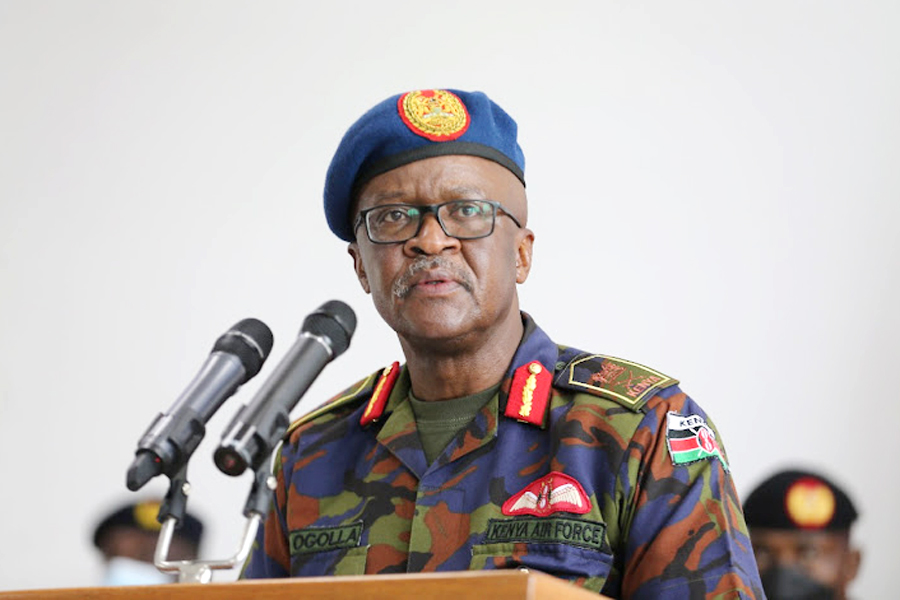Biden likely to continue hardline policy toward China on security issues
U.S.-China relations are at their lowest point in years following conflicts over trade and coronavirus during the administration of President Donald Trump. That is creating intense interest in President-elect Joe Biden’s China policy plans.
In Washington, political observers say Biden is likely to continue to take a tough stance on China but may pay more attention to working with U.S. allies to put pressure on Beijing.
Speaking at a Democratic debate during the campaign earlier this year, Biden said he spent more time with Chinese leader Xi Jinping than any other world leader at the time. But how that informs his policy choices remains unknown.
Biden has not specified what steps he will take to deal with China. He made little mention of foreign policy in his victory speech and many observers see his most pressing challenges as domestic: coronavirus, economic recovery, racial equality and climate change.
His campaign website has published an article on U.S. global leadership that says Biden will convene a summit of global democratic leaders in his first year in office.
The purpose of the summit will be to develop a common agenda to address the challenges to democratic values. The article referred several times to China, calling on the United States to use the economic power of the world’s democracies as leverage to shape future rules on trade policy, data privacy and other issues.
Biden also made a comprehensive statement on his foreign policy in July, calling for a new commitment to multilateral diplomacy, saying, "The most effective way to meet that challenge is to build a united front of friends and partners to challenge China’s abusive behavior."
Bradley Bowman, senior director of the Center on Military and Political Power at the Foundation for Defense of Democracies, told VOA that people can expect the Biden administration to pursue efforts to build U.S. defense capabilities in the Indo-Pacific to deter aggression by Beijing. This approach will rely more on pressure from U.S. allies and other tools to change Beijing’s behavior.
He said Biden could pressure Beijing more effectively than Trump has done by galvanizing U.S. allies — a strategy Biden and his advisers have touted on the campaign trail.
Most Asia-Pacific countries, Bowman added, welcome U.S. leadership in the region because they are unwilling to give in to Beijing's dominance. He also suggested that speaking with regional allies on issues like China’s actions in the South China Sea, the China-India border, Hong Kong or Taiwan, would ultimately be more effective.
Shen Dingli, a professor at Fudan University's Institute of International Studies, said the Biden-led White House is expected to put more pressure on China over Xinjiang, Hong Kong and Taiwan in the future, but Biden's use of multilateral rules could exacerbate tensions between the two countries.
“It may go back to the Obama era when multilateral rules were used to bring China into compliance with international law," he said. "So, there is a good chance that the conflict between China and the U.S. will increase on this issue.”
In a recent article, Shen said it may be difficult to reverse course on many of Trump's China policies in Asia because fundamental tensions between the two countries will continue. He said the Biden administration might simply pursue a “Trump strategy” without Trump, and that the two countries’ differences could become even more pronounced over security-related issues.
Beijing's official response has been relatively low-key since Biden declared victory last week.
Chinese leader Xi Jinping has not yet publicly congratulated Biden as many other world leaders have done. Observers say Beijing's conclusion seems to be that the new administration is unlikely to oversee fundamental improvements in Sino-U.S. relations.
China watchers point out that Beijing’s aggressive behavior in a range of areas in recent years has led to a high degree of consensus in the U.S. on China policy, a trend that won't change much after Biden takes office. Beijing’s crackdown on political rights and freedoms in Xinjiang and Hong Kong, its aggressive actions in the South China Sea, and its intellectual property theft and protectionist trade policies have created broad opposition across the American political spectrum.
Michael Hunzeker, assistant professor at George Mason University’s Schar School of Policy and Government, pointed out that there is bipartisan alarm in Washington about China’s rising strength.
“I think there's a pretty clear consensus that's emerged in foreign policy communities on both sides of the aisle,” he told VOA.
Chinese state media, however, has said there is still an opening for cooperation with Biden.
“As the dust is now settling on the U.S. presidential election, the obvious question is how the two sides will approach their damaged bilateral relations,” said an editorial in the English version of state-run China Daily.
A report in Global Times, another Chinese official newspaper, called Biden “an old friend of China."
A video of Biden visiting Beijing as vice president in 2011 and eating at a local restaurant recently circulated on Chinese social media, which is tightly controlled by Chinese authorities.
Source: VOA
















